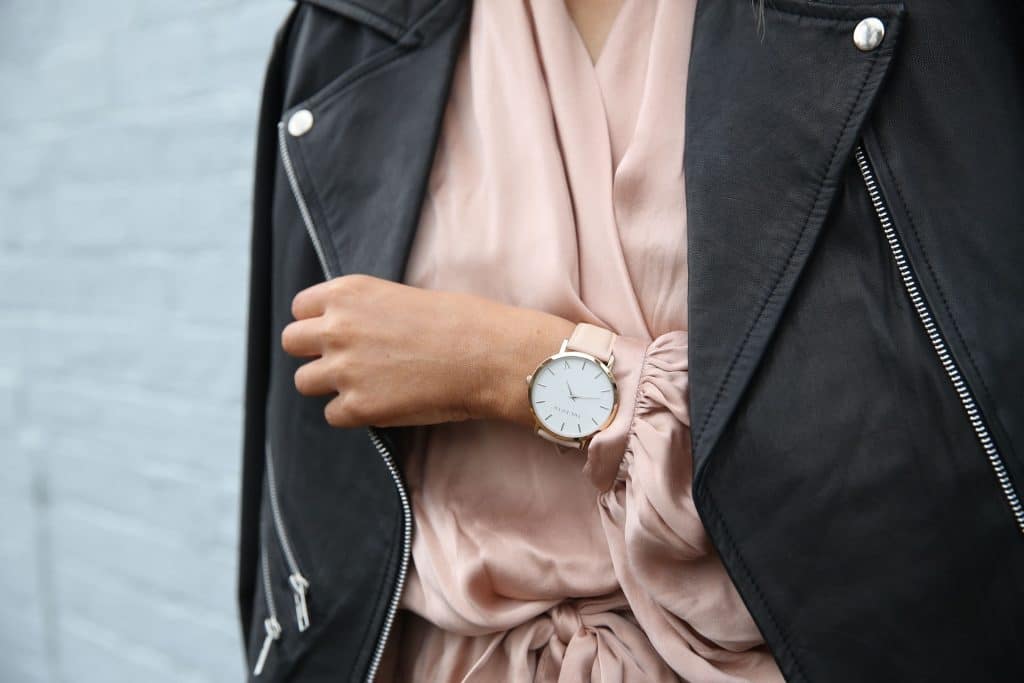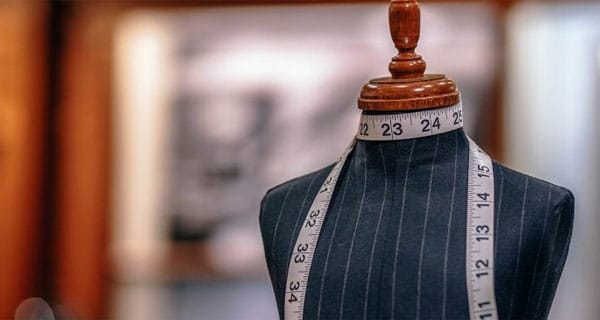
Used under a Creative Commons Licence
David vs Goliath: Trade mark battle with ZARA
ZARA vs ZARY
On the 19th of April 2018, Sharon Givoni was interviewed for A Current Affair over a trade mark battle with ZARA. As you would all know, ZARA is possibly one of the largest fashion distributors in the world, selling clothing, accessories and the like. ZARA also owns several trade marks for the word ZARA under different classes of goods and services. ZARA has acquired a substantial reputation in worldwide markets and first opened its retail stores in Australia in 2011.
Over the years, ZARA has taken action against many people using the word ZARA or any similar derivatives. This is to prevent any other brands from associating with ZARA causing consumer confusion and riding off its ‘goodwill’ and brand recognition.
However, this is not all set in stone. No matter how famous ZARA may be, if someone decides to use the name on its own or combines it with another name selling very different goods or services, then it may not necessarily result in consumer confusion. That said, there are trade marks which are practically identical that are permitted to co-exist because the goods and services are not in direct competition with one another.
Popular examples of co-existing trademarks include:
- MAC in both M.A.C cosmetics and MAC in Apple Macintosh Computers
- Campbell as in Campbell’s condensed soup and Campbells Wholesale Reseller & Food Service Solutions
- Dove as in Dove chocolate and Dove soap
However, it is also prudent to ask your lawyer to make sure that you are not using a name that is famous or already in the marketplace selling similar goods or services. Otherwise, you might find yourself in a trade mark battle with ZARA or another company.
ZARA versus “Zara + Lily”
Back in October 2012, Sharon Givoni was interviewed on the trademark dispute between ZARA and “Zara + Lily”. Shelley Tilbrook; “mumpreneur” launched an online gift store called “Zara + Lily”. The entire affair seemed innocent enough as she was simply using the names of her daughter and niece “ZARA” and “Lily”.
Then the Spanish retailer ZARA found out about this and sent Shelley Tilbrook a letter of demand requesting that she stop using this name claiming that it was “substantially identical” to its own name ZARA. This became an expensive exercise for Shelley Tilbroook and according to media reports at the time, Shelley Tilbrook was left with tens of thousands of dollars of merchandise she could not sell as well as costs for rebranding. She later sought the help of a lawyer after her first legal setback and rebranded to “Peach and Pear Kids”.
ZARA defeats Zarabumba
In 2014, ZARA once again took on an Australian mother and her business Zarabumba claiming that the name was too similar to their own. Neda Luketic was 38 weeks pregnant when she launched Zarabumba which she named after her daughter Zara. Neda had reportedly been trading under the name for 3 years when ZARA demanded that Zarabumba be rebranded. According to media reports, Neda was advised that she could fight the case, however, it would cost her a very large sum of money. Ultimately the company rebranded to Z and Co rather than challenge the giant that is ZARA.
Overseas cases – Trade mark battle with ZARA
Similarly, a leading chain of restaurants called “Oriental Cuisines PVT Ltd” found itself in trouble when it used the name “ZARA’s tapas bar” for one of its restaurants in Chennai, India. The restaurant claimed that it was using ZARA with the best of intentions, however, ZARA claimed that it was simply trying to free ride on the goodwill and reputation of ZARA.
The tapas bar decided to engage in a trade mark battle with ZARA. The court said that within the words “ZARA’s tapas bar”, ZARA was the most prominent element in the trademark and the food served did not have any real Spanish connection to bolster the restaurant’s argument. The High Court of India ruled in favour of ZARA in this instance.

Zara Terez (‘ZT’) faced a similar lesson when ZARA launched a trademark infringement lawsuit in 2015. Inditex, the parent company of ZARA stated that the ZT trademark had created confusion in the marketplace and was damaging their prized trademark. Evidence used against ZT included a prior refusal by the U.S. Patent and Trademark Office to register the Zara Terez mark as it was likely to cause consumer confusion. Furthermore, according to reports a disclaimer on the ZT website at some point stated that ZT “is in no way connected to or associated with ZARA International Inc.”, highlighting that ZT was at the least aware of some level of consumer confusion. In the end, the dispute was settled out of court with ZT being rebranded as Terez.
Use of the word “Zary”
More recently in 2018, Kay Andrews found herself locked in a trade mark battle with ZARA. ZARA took action against the trade mark owner of the Zary logo for trying to register their trademark in classes relating to items such as books, audio books and children’s toys. The author whose children’s self help book ‘Zary: Little Wisdoms’ similar to those above stated that she, “simply can’t afford to continue fighting this as I’ve already spent thousands wth a solicitor and let’s face it, ZARA are a million-dollar corporation”. However, despite the trade mark battle with ZARA, the author said she would, “continue to fight this because I feel I need to do this to help the children”.
ZARA claims that Zary’s goods will be sold in direct competition to ZARA’s under a similar trademark name and that this will result in consumer confusion. Although Zary is not exactly the same as ZARA as there are differences in font, how it sounds and how it is spelt, ZARA still exerts that the two are similar enough to cause confusion. Moreover, it is also important to note that the goods sold by Zary are predominantly books and toys and not of the same class and nature as clothes or accessories that ZARA sells. This case has not resolved at the present with Sharon Givoni appearing on A Current Affair in regard to the matter on the 23rd of April. We await to learn more about the settlement that will be reached by both parties.
Lessons to learn
You have heard it all before but it cannot be said enough. Before choosing a trade mark – you must do your research to see if anything already exists in the marketplace. Even if the trade mark is not identical, that does not guarantee that you will be off the hook. You could still be liable if it can be proven that it may cause a confusion in the marketplace. As evident above, in circumstances of large companies having significant funds to engage in these types of cases, it is easy to find yourself in a situation where you face rebranding. You should not be bullied into having to give up your rights and hard work but also know that copying some one’s trademark can be a very costly affair, especially if you are forced to rebrand. You can be stopped from using merchandise that carried the former trademark.
The moral of the story might just be to not copy someone’s trade mark.
Australian trade mark law is there to prevent confusion in the marketplace. Whether there is going to be confusion is a matter of fact and degree and is a question for the judge to answer should the matter go to court. This could cost tens of thousands of dollars. If you do it in time, sometimes you are able to negotiate an agreement with the other side before any trouble begins. It is always cheaper and wiser to settle the matter out of court. You do not want to find yourself facing a trade mark battle with ZARA or a similar sized company.
It is always worth checking first to see if your brand name will infringe on someone else’s trademark and registering your trademark as early as possible. Sharon Givoni can help you determine the strength of your brand name, discuss trademark options and assist in researching the marketplace for any conflicts so that you can feel confident that you and your brand is protected.
Please note the above article is general in nature and does not constitute legal advice.
Please email us info@iplegal.com.au if you need legal advice about your brand or another legal matter in this area generally.


